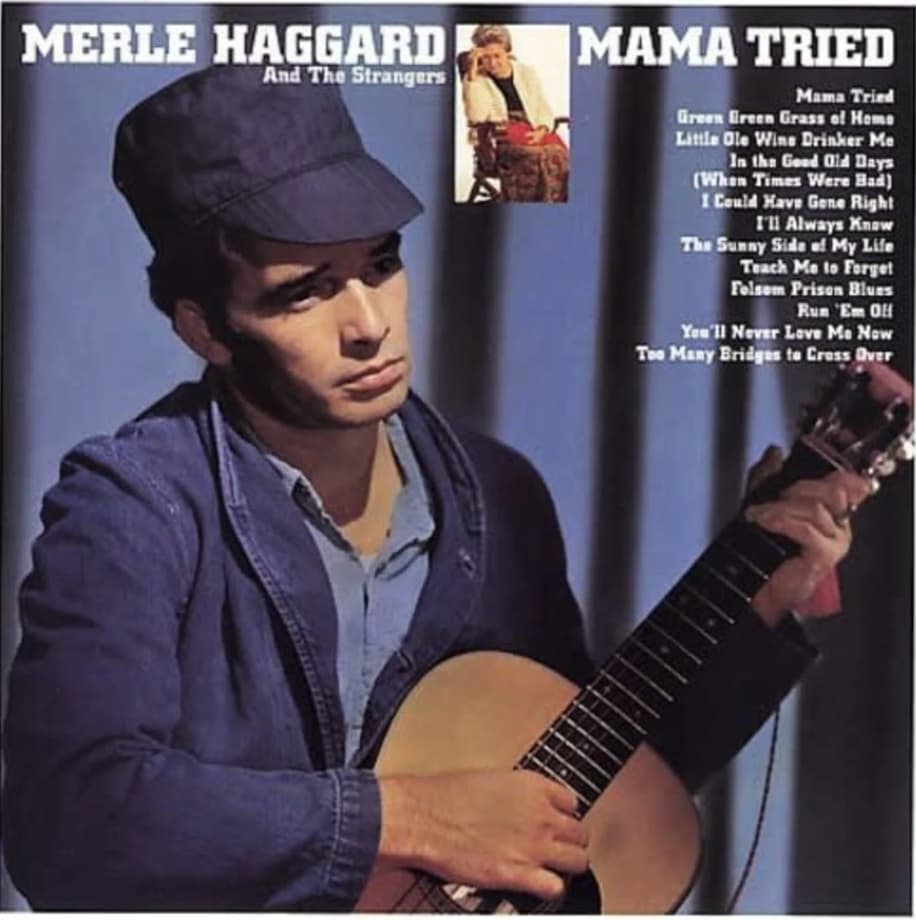
Confession in a Song: The Story of Merle Haggard’s Mama Tried
When Merle Haggard wrote “Mama Tried”, it wasn’t just another country song—it was his soul laid bare. Released in July 1968, the song became a cornerstone of his legacy, not because it glorified rebellion, but because it carried the weight of regret.
Merle’s rough early life is no secret. In 1957, after a string of bad decisions, he found himself incarcerated in San Quentin. Though he served three years, Mama Tried tells a harsher tale—of a son sentenced to “life without parole”, a poetic exaggeration, yet emotionally honest. The heartbreak wasn’t in his own punishment, but in the pain he inflicted on his mother, who had tried everything to steer him right.
The lyrics don’t plead for sympathy; they accept responsibility. Lines like “In spite of all my Sunday learning, towards the bad I kept on turning” strike deeper because they acknowledge a mother’s unconditional love, and the helplessness of watching her son spiral.
It’s this raw confession that made Mama Tried timeless. In 1999, it earned a place in the Grammy Hall of Fame, and in 2016, just two weeks before Merle’s passing, the song was preserved in the National Recording Registry for its cultural and historic significance. Rolling Stone ranked it No. 376 in their “500 Greatest Songs of All Time”, but no list could ever capture the emotional gravity it holds for fans.
More than a hit, “Mama Tried” became Merle Haggard’s eternal apology—to his mother, and perhaps to himself. Every time he sang it, the audience wasn’t just hearing a song. They were witnessing a man confessing, over and over, in the only way he knew how.